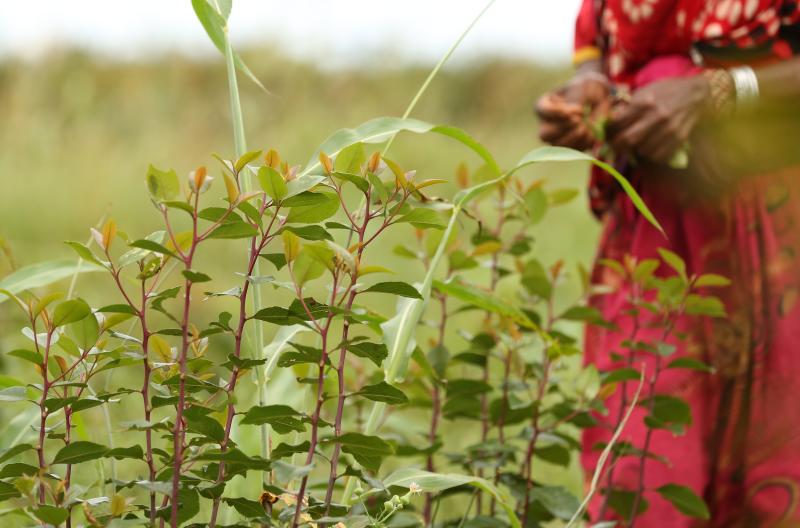×
The Standard e-Paper
Stay Informed, Even Offline

It is 8am and the sun is up, its rays brightening miraa trees on an expansive farm in Gar Qasa, Marsabit County.
A group of women are picking miraa twigs. Most of them are experienced, having done this for decades. They include 78-year-old Kabale Shanu.